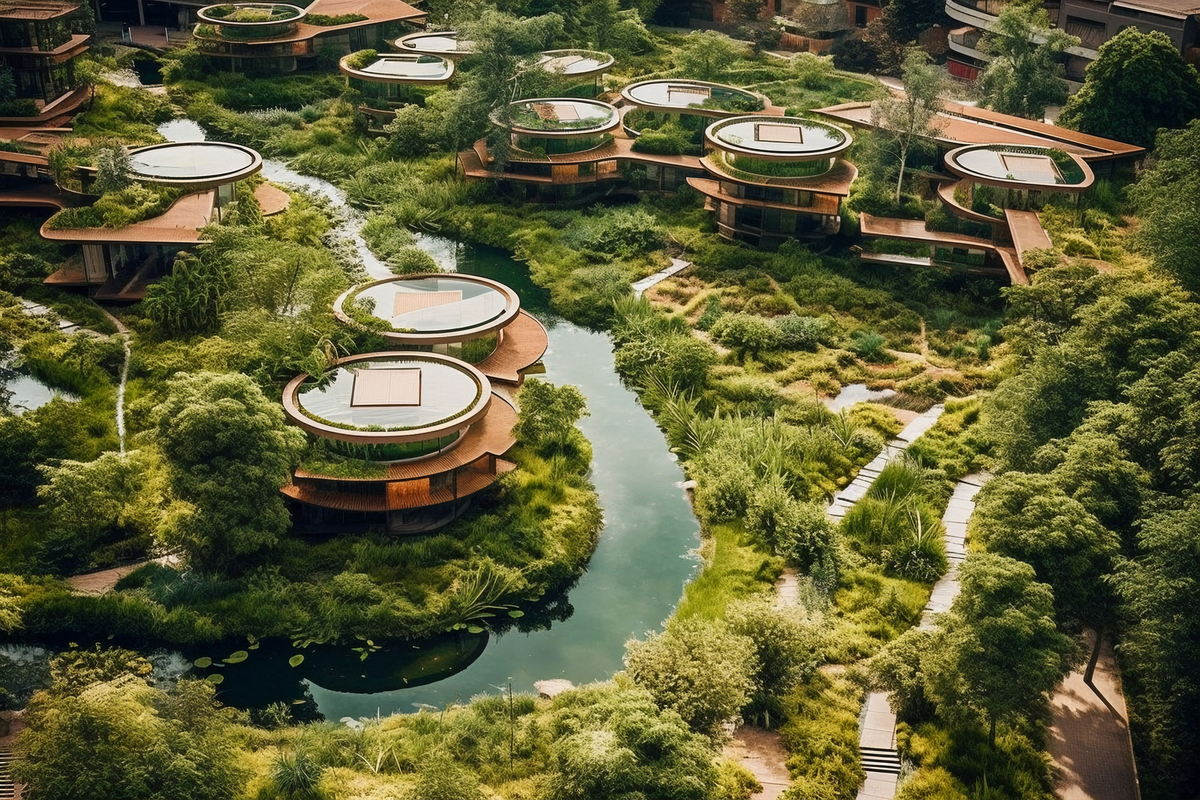
The Concept of Green Building in Urban Areas
As cities continue to expand and urban populations grow, the demand for sustainable and eco-friendly development has become increasingly urgent. One solution that has gained global attention is the concept of green building a design and construction approach that minimizes environmental impact while improving the quality of life for its occupants.
What is a Green Building?
A green building is more than just an energy-efficient structure. It incorporates strategies that reduce waste, optimize natural resources, and create healthier indoor environments. Key principles include:
Energy efficiency through smart systems, insulation, and renewable energy sources.
Water conservation with rainwater harvesting, greywater recycling, and low-flow fixtures.
Sustainable materials such as recycled, locally sourced, or non-toxic building products.
Healthy indoor environments that promote natural ventilation, daylight, and better air quality.
Waste reduction during construction and throughout the building’s lifecycle.
Why Green Buildings Matter in Urban Areas
Urban areas face unique challenges such as air pollution, limited land, high energy demand, and rising temperatures caused by the urban heat island effect. Implementing green building concepts in cities can:
Reduce carbon emissions and reliance on fossil fuels.
Lower operational costs for residents and businesses.
Improve public health through cleaner air and safer living spaces.
Contribute to climate resilience by managing stormwater and reducing urban flooding.
Enhance property values and attract environmentally conscious investors.
Examples of Green Building Strategies in Cities
Vertical gardens and green roofs to reduce heat absorption and improve air quality.
Smart building technologies that monitor energy use and optimize efficiency.
Mixed-use developments that encourage walking and reduce transportation emissions.
Integration of public green spaces to balance dense construction with natural areas.
The Future of Green Buildings in Urban Development
Governments, architects, and developers are increasingly adopting green certifications such as LEED, BREEAM, or EDGE to ensure sustainable building practices. As sustainability becomes both a necessity and a market demand, urban green buildings will no longer be a niche trend but a standard in modern city planning.
In conclusion, the concept of green building is a vital response to the environmental and social challenges of urbanization. By investing in sustainable design and construction, cities can create healthier, more efficient, and more resilient communities for the future.
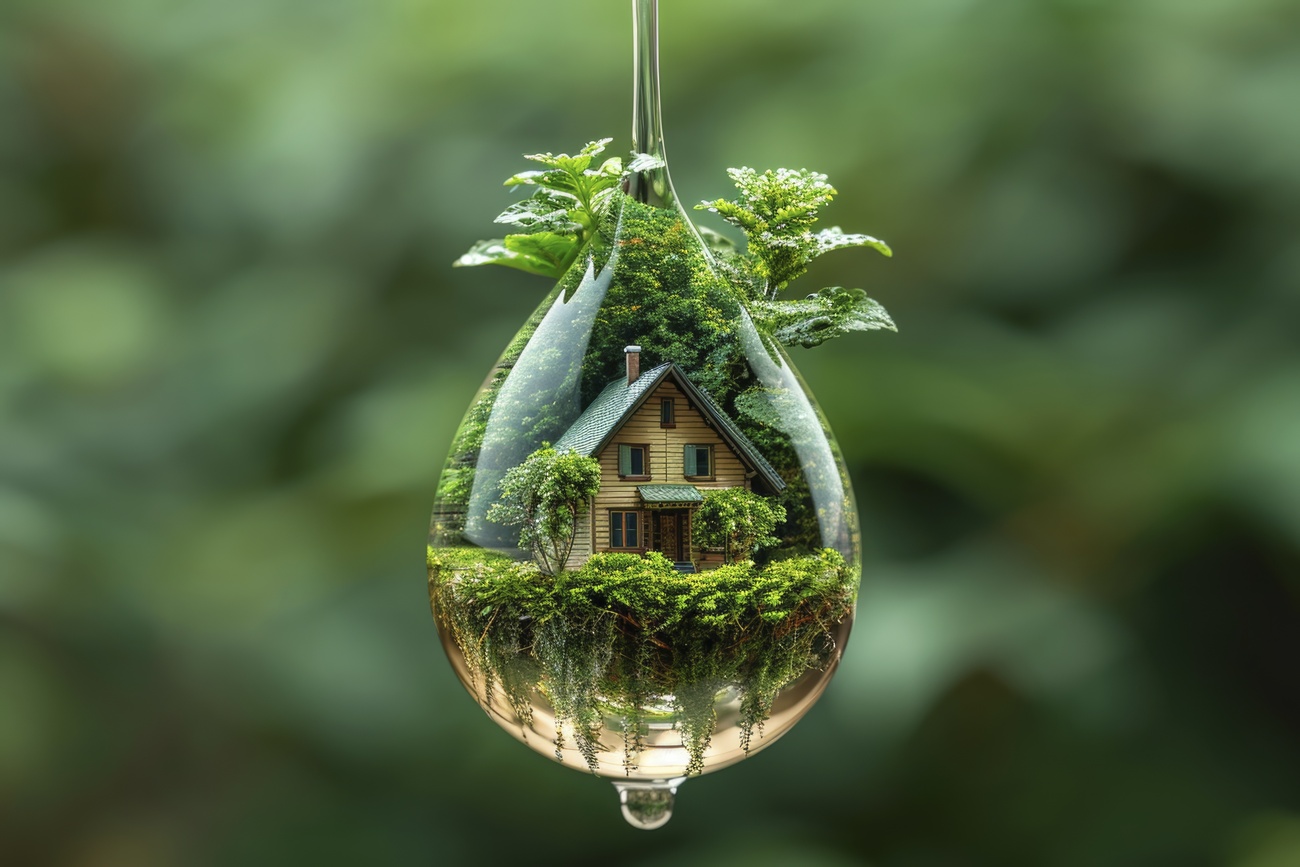
Date: February 11, 2026
In recent years, eco-friendly properties have shifted from being a niche market to becoming a mainstream real estate trend. As climate awareness increases and energy costs rise, buyers are paying closer attention to sustainability features. But the key question remains: are eco-friendly properties a ...
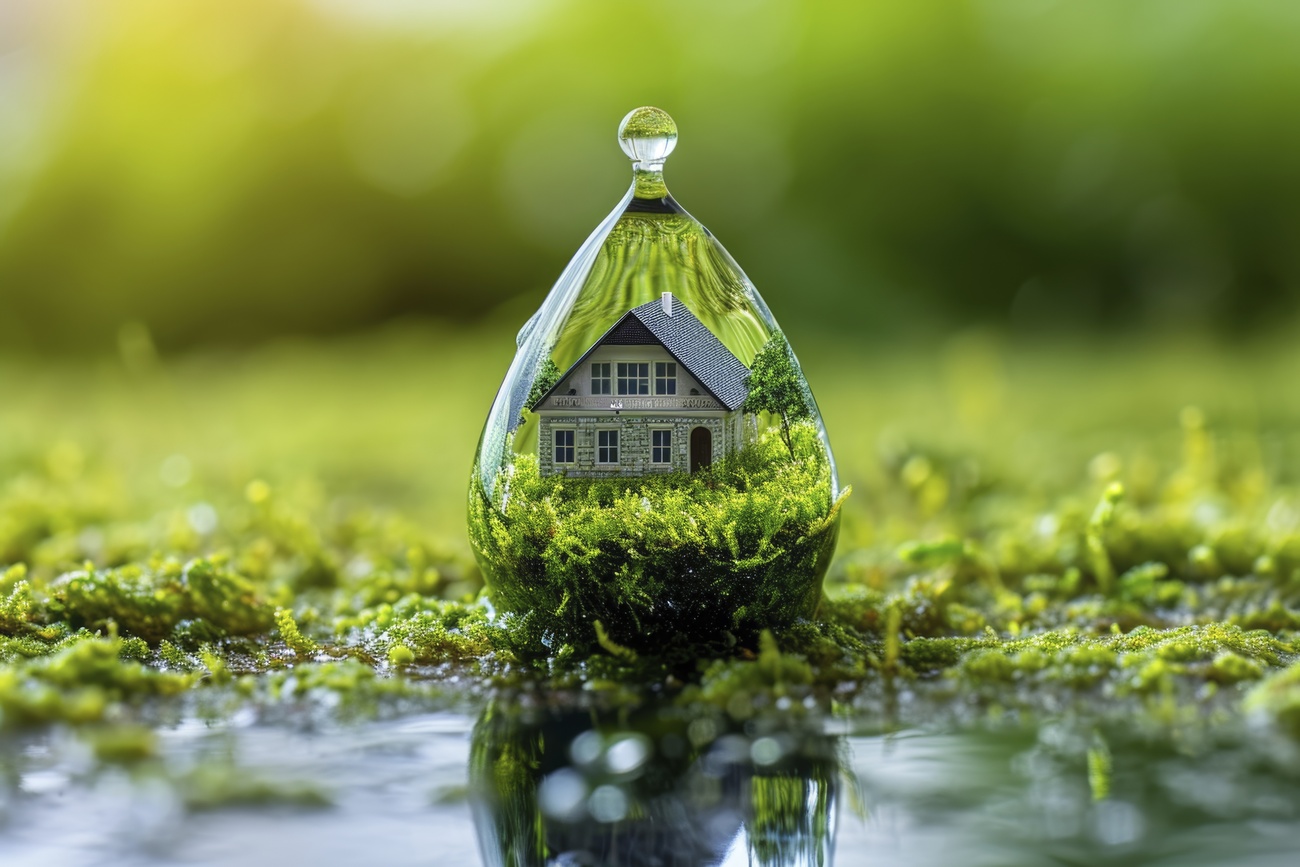
Date: February 12, 2026
In today’s hyper-connected world, selling property is no longer just about location, price, and presentation. Buyers now operate in an era of radical digital transparency where reviews, transaction history, market comparisons, and agent reputations are just a click away. In this environment, trust ...
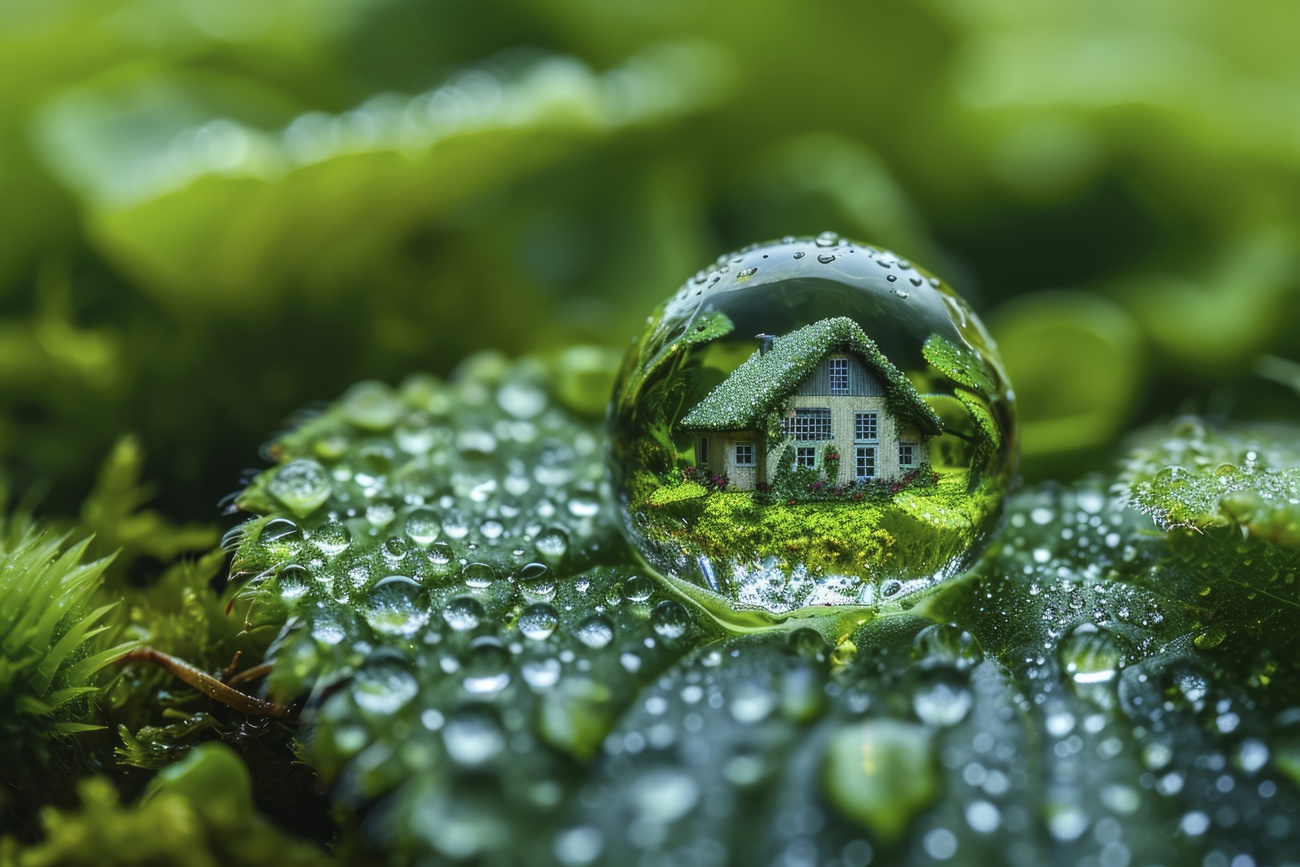
Date: February 13, 2026
Property investment has long been considered one of the most reliable ways to build wealth. From rental income to long-term appreciation, real estate offers attractive opportunities. However, many investors especially beginners make critical mistakes that can lead to financial losses, stress, and mi ...
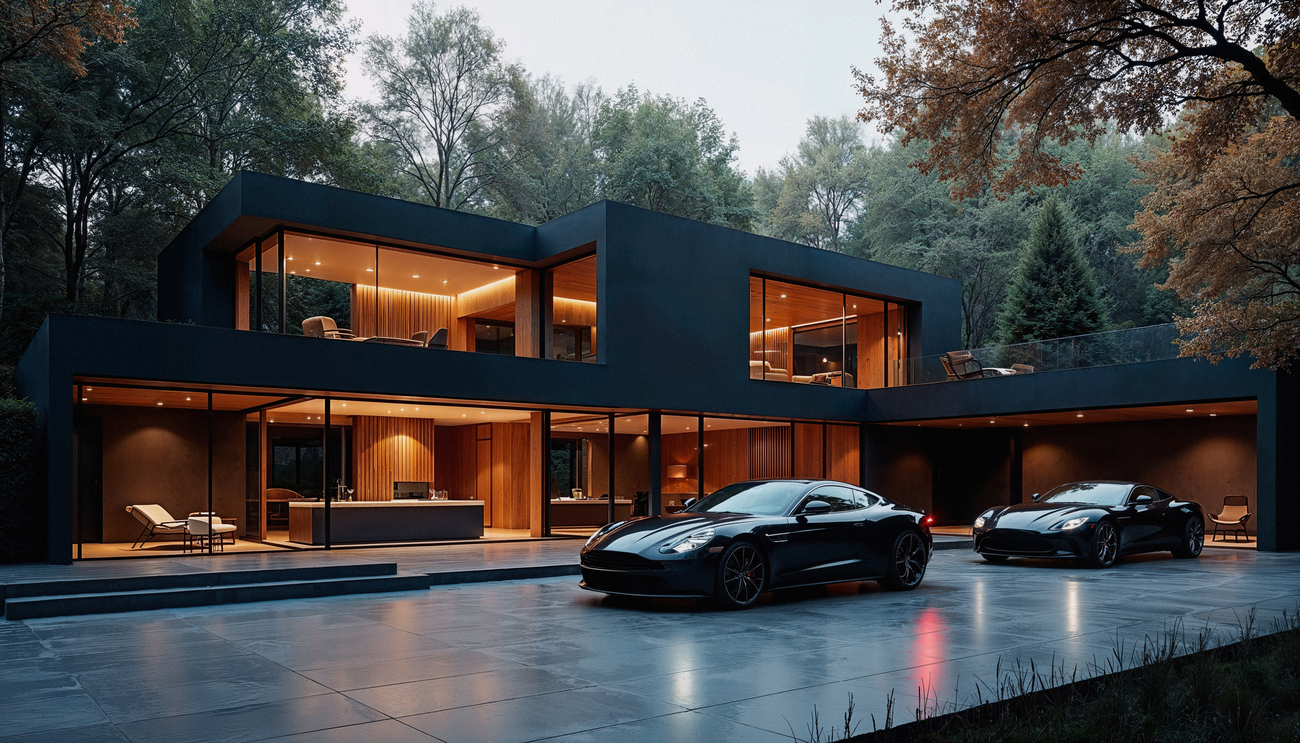
Date: February 07, 2026
In 2026, the property market is no longer driven by a single motivation. Buyer today is divided between two main perspectives: housing as a financial asset and housing as a lifestyle choice. While both views are valid, understanding the difference is crucial before making one of the biggest decision ...
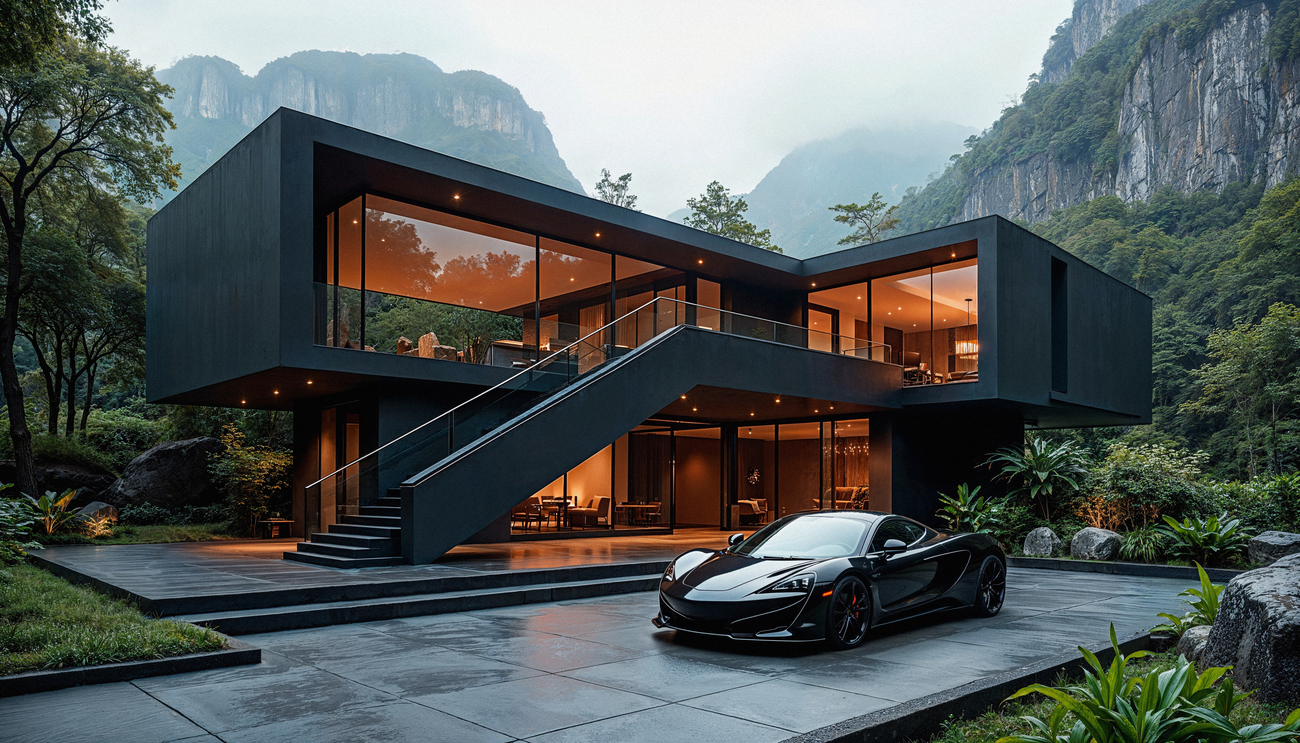
Date: February 08, 2026
The property market is booming, with new residential projects launching almost every month. While this offers buyers more choices, it also makes selecting a trusted property developer more challenging. Choosing the wrong developer can lead to delays, poor construction quality, or even legal issues. ...
Ala Land Bali — a magical place for the real you
BECOME PART OF THE HISTORY Share your contact details, and our manager will reach out
with full project details

